THCA Distillate
£135.00 – £1,350.00
THCA Distillate
THCa distillate, its uses, legality, and promising future in the cannabis industry. Discover its health benefits here. When THCa is heated or decarboxylated, it transforms into THC, releasing its psychoactive properties. THCa distillate is a highly purified form . This guide on THCa distillate delves deeper into how THCa is made, exploring the methods, equipment, and applications of THCa distillate.
Description
THCA Distillate
Everything you need to know about THCa distillate, including the distillation process, benefits, and how it’s used in cannabis extraction.
With the current interest and popularity surrounding THCa, it was inevitable that the concept of THCa distillate would arise, sparking curiosity and raising questions. While the term suggests a distilled form of THCA, the reality is more nuanced.
In the realm of cannabis extraction, distillation plays a pivotal role in isolating and refining key components of the plant to create highly purified extracts. This process relies on the principle of separating substances based on differences in their boiling points. When applied to cannabis, distillation can yield a variety of potent and versatile extracts.
In this document, we will delve into the intricacies of distillation in cannabis extraction, focusing on THCa distillate. We will explore the production process, characteristics, and uses of distillates, as well as clarify the distinction between THC and THCa distillate. Let’s embark on a journey to understand the science and artistry behind distillation in the world of cannabis extraction.
Introduction to Cannabis Distillation
Distillate is a highly refined cannabis extract known for its potency and purity. This extract is produced through a process called distillation, which separates and refines cannabinoids and other compounds in cannabis based on their boiling points.
Production Process
The production of distillate begins with the extraction of cannabinoids from the cannabis plant using solvents such as ethanol or CO2. This crude extract is then further refined through a series of distillation steps.
- Pre-Distillation: The crude extract is first subjected to winterization or dewaxing to remove impurities such as fats, lipids, and waxes. This step helps purify the extract and concentrate the cannabinoids.
- Fractional Distillation: The purified extract is then subjected to fractional distillation, where cannabinoids are separated based on their boiling points. This process allows for the isolation of cannabinoids in their purest form.
- THC Isolation: The final step involves isolating THC from the other cannabinoids present in the extract. This is typically achieved through further distillation or chromatography techniques, resulting in a highly pure THC distillate.
Characteristics
- Potency: Distillate is one of the most potent forms of concentrates available, often exceeding 90% concentrations.
- Purity: Due to the distillation process, distillates are free from many impurities found in raw cannabis material, such as plant matter and residual solvents.
- Versatility: Distillates are versatile extracts that can be used in various cannabis products, including edibles, tinctures, vape cartridges, and topicals.
Distillate is a valuable cannabis extract known for its high potency and purity. Produced through a meticulous distillation process, distillates serve as a cornerstone in the formulation of many cannabis products, offering consumers a potent and versatile option for their cannabis needs.
THCa Distillate vs. THC Distillate
While the terms “THCa distillate” and “THC distillate” are sometimes used interchangeably, there is a fundamental difference between the two based on the chemical composition of the final product.
THCa Distillate
- Composition: THCa distillate theoretically contains only tetrahydrocannabinolic acid (THCa), the non-psychoactive precursor to THC found in raw cannabis.
- Production Challenges: Producing a true THCa distillate without decarboxylation (conversion to THC) is challenging due to the heat involved in traditional distillation processes.
- Practicality: While THCa distillate is not commonly produced, THCa-rich extracts such as diamonds and crumble are popular among consumers seeking high-potency cannabis concentrates.
THC Distillate
- Composition: THC distillate contains predominantly delta-9-tetrahydrocannabinol (THC), the psychoactive compound in cannabis, along with other cannabinoids and terpenes.
- Production Process: THC distillate is produced by distilling a cannabis extract to isolate and concentrate THC. Some decarboxylation of THCa to THC occurs during this process.
- Versatility: THC distillate is widely used in the cannabis industry for its potency and versatility, serving as a key ingredient in edibles, vape cartridges, tinctures, and topicals.
Clarification
While the term “THCa distillate” may indicate a high THCa plant material was used. It is more accurate to refer to the final product as “THC distillate,” acknowledging that the THCa has been converted to THC during production. The distinction is important for consumers seeking specific cannabinoid profiles and effects from cannabis products.
Other THCa Concentrates
In addition to distillates, there are several other cannabis concentrates that contain high levels of THCa. These concentrates offer a unique experience for consumers looking for potent cannabis products.
THCa Diamonds
- Description: THCa diamonds, also known as THCa crystalline, are pure THCa crystals that form in cannabis extracts under specific conditions. They are often the most potent form of THCa available, with purity levels exceeding 99%.
- Production: THCa diamonds are typically produced using a solvent-based extraction method, followed by a process of precipitation and crystallization to isolate the THCa crystals.
- Use: THCa diamonds are popular among consumers seeking high-potency cannabis products. They can be consumed on their own or added to other cannabis products for increased potency.
THCa Crumble
- Description: THCa crumble is a concentrate that has a crumbly texture and contains high levels of THCa. It is less refined than THCa diamonds and may contain other cannabinoids and terpenes.
- Production: THCa crumble is produced using similar methods as other cannabis concentrates, such as extraction with solvents like butane or CO2, followed by a process of purging to remove residual solvents.
- Use: THCa crumble is often used in dabbing, where it is vaporized and inhaled for its potent effects. It can also be added to other cannabis products or used as a standalone product.
THCa Isolate Powder
- Description: THCa Isolate Powder is a highly refined cannabis product that consists of nearly pure THCa. With a purity level of over 99%, this crystalline powder provides a potent and versatile form of THCa suitable for a variety of applications.
- Production: The production of THCa Isolate Powder involves a detailed extraction process using solvents, typically followed by winterization to remove impurities. The extract is then refined through a series of filtration and crystallization steps, resulting in a fine, white powder that is almost entirely THCa.
- Use: THCa Isolate Powder is favored by consumers looking for a pure and potent form of THCa. It can be used in various ways, including dabbing, mixing with other cannabis products to enhance potency, or incorporating into edibles and topicals for tailored effects.
-
In the ever-evolving cannabis market, THCa distillate is rapidly gaining attention as a powerhouse of potency and purity. Known for its raw potential and unmatched versatility, THCa distillate offers users a dynamic experience that elevates their cannabis journey to new heights. In this blog, we’ll explore the key benefits of THCa distillate and explain why it’s becoming a preferred choice for both seasoned and new cannabis enthusiasts.
What is THCa Distillate?
Before diving into the benefits, it’s important to understand what THCa distillate is. THCa, or tetrahydrocannabinolic acid, is the non-psychoactive precursor to THC, the compound responsible for the “high” in cannabis. When THCa is heated or decarboxylated, it transforms into THC, releasing its psychoactive properties. THCa distillate is a highly purified form of this compound, typically extracted through an advanced distillation process. The result? A clean, concentrated product that is rich in cannabinoids but free from impurities, making it one of the purest forms of cannabis extract available.
Key Benefits of THCa Distillate
1. Unmatched Potency for Experienced Users
For those seeking maximum potency, THCa distillate is hard to beat. Because it is highly concentrated, just a small amount can deliver powerful effects when heated and converted to THC. This makes it ideal for experienced cannabis consumers who want to enhance their experience with a strong, reliable product. Whether it’s used in dabbing, vaporizing, or blending into edibles, the potency of THCa distillate ensures an impactful session every time.
Premium THC Distillate
Buy highly purified THC distillate online across the UK and Europe.
THC distillate is a very potent type of cannabis extract that contains a high concentration of THC. Both versatile and discreet, this guide will cover everything you need to know about THC distillate.
WHAT IS THC DISTILLATE?
THC distillate, laso calledliquid gold, is a highly refined form of cannabis extract that contains a very high concentration of THC. Unlike other extracts, cannabis distillate is purified to remove all the plant compounds, including terpeness, flavonoids, andother cannabinoids, leavingonly THC behind. Theprocessresultsinaclear,odorles,flavorless,andthickgolden–amber–coloredproduct thatcanbeused invariousways.1 Weoffer awideselectionofDelta 10 THC productsthatcatertoeverypreference,fromgummies andvapestotincturesandmore. THC-P distillateis an incrediblyversatileproduct, popular among bothpersonal consumers and manufacturers. Distillate oil contains 80–90% CBD in addition to other beneficial cannabinoids such as CBG, CBN, CBC, and other terpenes, without the chlorophyll. Ideal for vape products, tinctures, and edibles, Buy THCP Products Online from our lab. Weoffer high–potencyandlab–tested THCPProductsatthebest price. OrderNowandgetfastshipping!Solventlesshash rosintakes ice-waterhash and squishes it betweenheat andpressure to obtain a concentrated extract. The result? A flavorfuland potent rosin
2. Non-Psychoactive Benefits of Raw THCa
While many users seek the psychoactive effects of THC, others are looking for therapeutic benefits without the “high.” When consumed in its raw form, THCa offers a range of potential health benefits. Early studies suggest that THCa may have anti-inflammatory, neuroprotective, and anti-emetic properties, making it valuable for individuals managing conditions like arthritis, neurodegenerative diseases, and nausea. Because THCa distillate is so pure, it’s a great option for users looking to explore the therapeutic advantages of cannabis without intoxication.
Additional information
| Quantity | 100 ml, 1/4 Pound, 1/2 Pound, 1 Pound, 1 Liter |
|---|
2 reviews for THCA Distillate
You must be logged in to post a review.

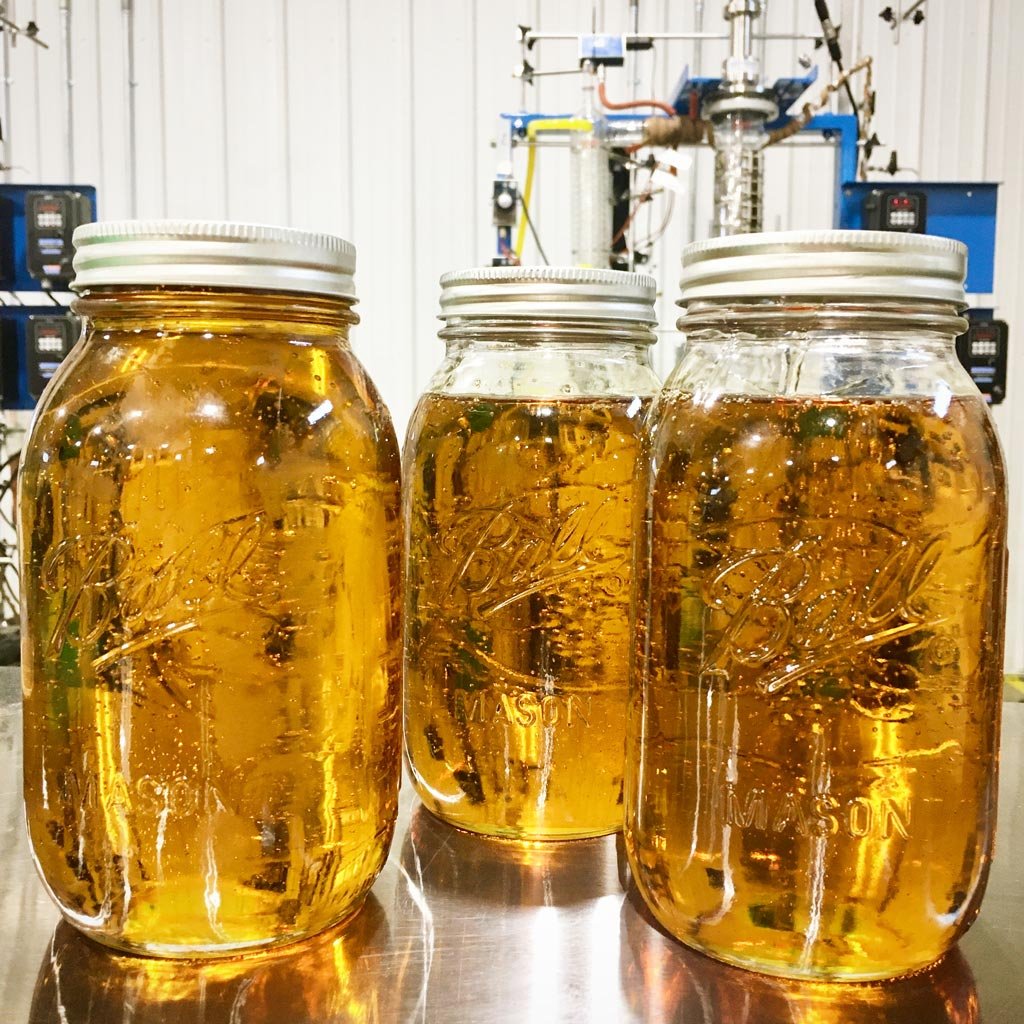
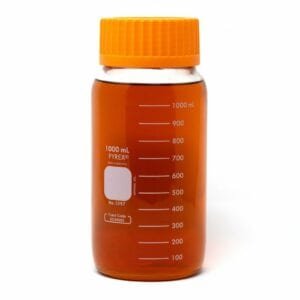
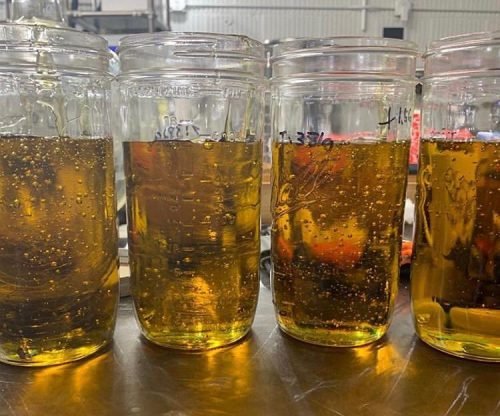


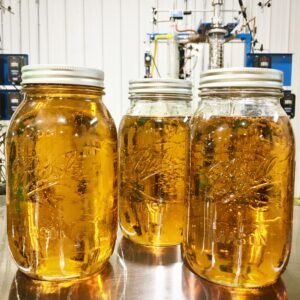
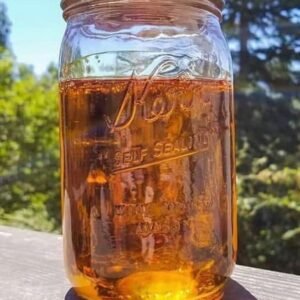
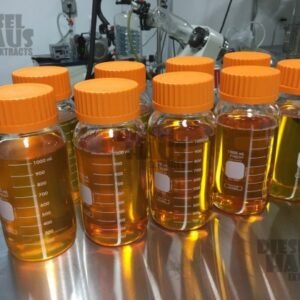
Antonio –
Pure and Potent – Exactly What I Needed!
Pablo –
You can really tell the quality in both the clarity and the effect. If you’re looking for a high-quality product, this is it – couldn’t be happier with my purchase!